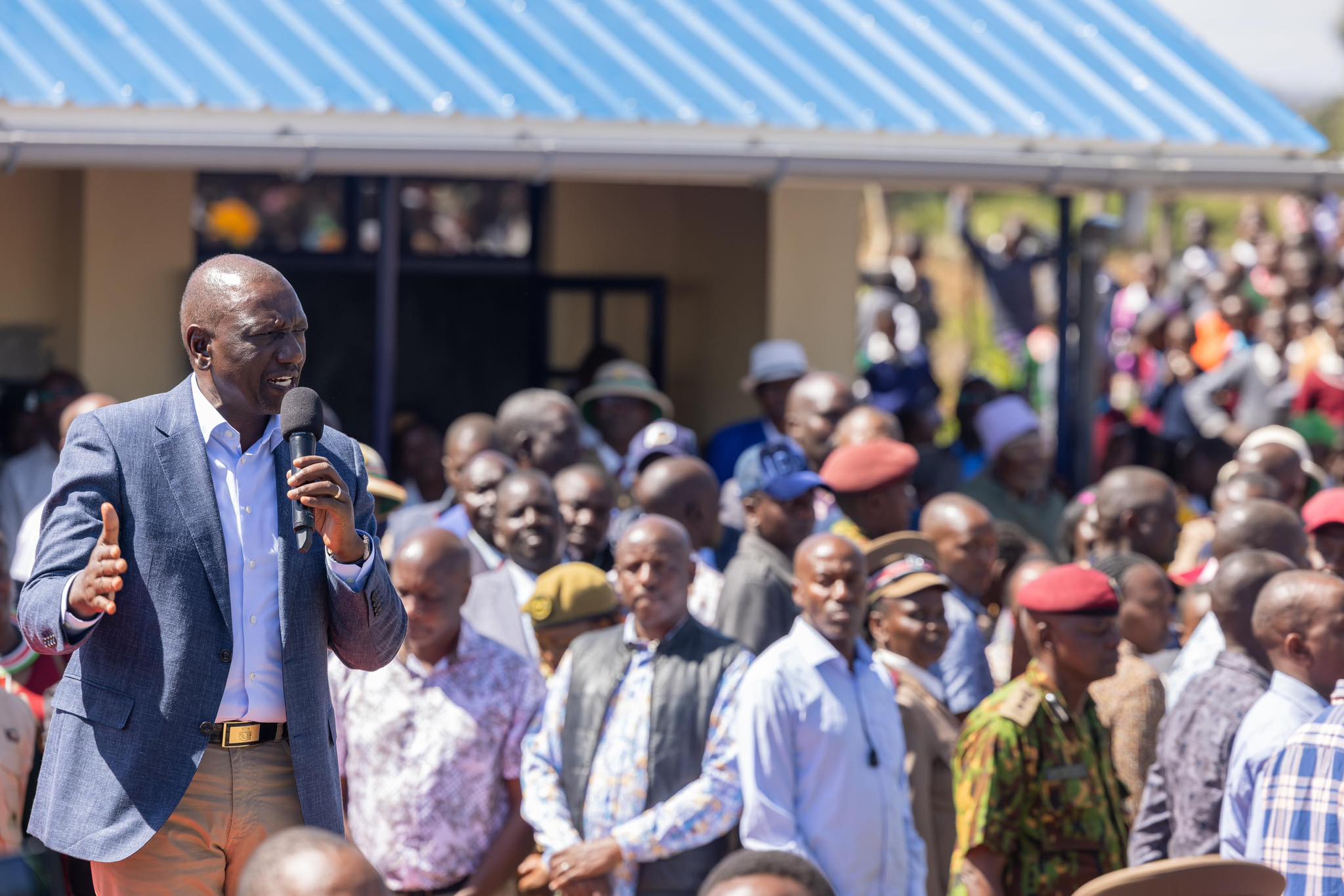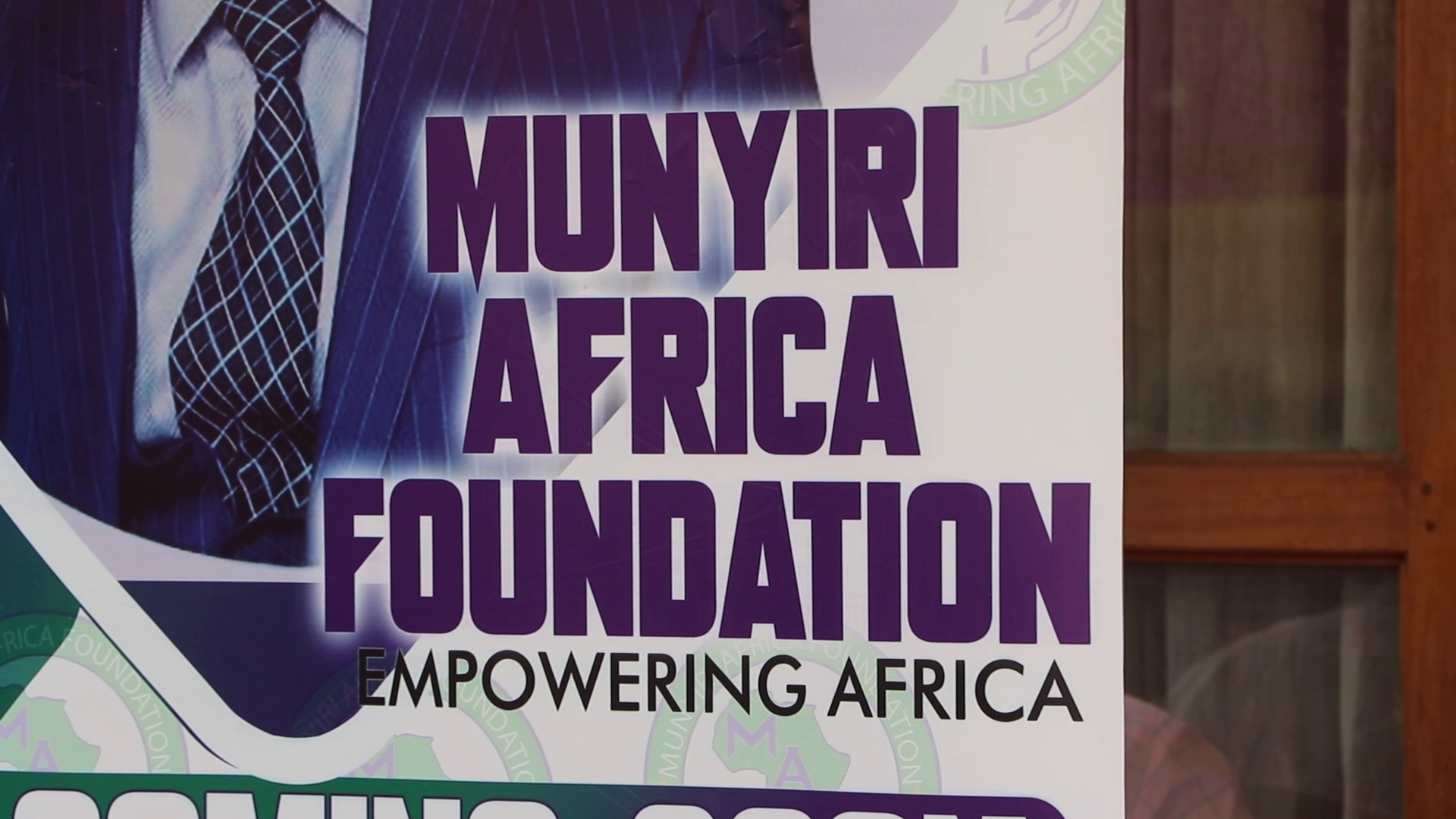By Jackson Okoth
The Management and Board of Directors
of many Savings and Credit Co-operative
Societies (Saccos) are expected to
face angry members and a barrage of questions
during this year’s Annual Delegates Meetings
(ADMs), a season that begins this month.
Members will want answers on why their
dividend cheques are not as attractive as before.
Others will be wondering why the Sacco is
not processing the applications for emergency
loans or other financial products especially now
that revenues for many agro-based Saccos are
down due to the prevailing drought conditions
in many parts of the country.
Directors of Saccos will also be hard pressed
to explain how they plan to deal with the issue
of Sacco levy increase imposed by the Sacco
Societies Regulatory Authority (SASRA).
“We have to face the reality that members
of some Saccos, especially those that borrowed
heavily from commercial banks as well as the
ones that are still undercapitalised will receive
lower dividend payouts this year,” said Moses
Chebor, Chief Executive Officer-Boresha Sacco
Society Limited.
He told Sacco Review that the stringent liquidity
and capital adequacy ratios set out by
the regulator will require some Saccos to make
huge provisions to meet these requirements,
thus using up most of their surpluses and therefore
declaring lower dividend payouts.
“We are advising members to avoid taking
up high premium short term loans offered
at the FOSAs- most of which are optional and
instead properly manage their finances,” said
Mr. Chebor.
These sentiments are shared by Mrs Jane
Mugoh, Chief Executive Officer of Bingwa
Sacco Society Limited who confirmed that
there are Saccos that will declare lesser dividend
payment to their members during this
year’s AGMs.
“It is definite that with Saccos lowering
their lending rates and therefore losing out on
interest income, the amount of dividends paid
to members will be lower in some of the Saccos.
Others will also declare lower dividends
due to an increase in retained earnings as these
Saccos cut their borrowing from commercial
banks. We also expect Saccos to begin paying
lower rates on member savings or deposits,”
she said.
In a bid to expand its branch network and
generate internal funds for onward lending to
members at affordable rates, Bingwa Sacco
raised over Sh103 million in a share sales promotion
which begun in October last year and
ended on January 29 this year.
“We will use the proceeds from these
shares promotion to provide long term affordable
credit to members and avoid the dilemma
of relying on borrowings from commercial
banks. We also intend to expand our branch
network,” said Mugoh.
She added that with massive retrenchment
of workers happening in the banking industry,
Saccos have to change their business models
and generate their own internal cash rather than
rely on bank credit.
There are some top executives within the
Sacco industry who maintain that Saccos have
always offered competitive rates compared to
commercial banks.
“It is only in those Saccos experiencing
severe liquidity problems that members are
referred to the bank for an alternative, regardless
of the rates offered,” said Charles Ngutu,
Chairman of the Board of Directors of Taraji
Sacco. He added that for Saccos that will declare
lower dividends, members of such Societies
should be made to understand the prevailing
economic conditions affecting their Societies
income streams.
During this year’s AGMs, members will
make the hard choices of either denying their
societies interest income at the expense of obtaining
cheaper loans or taking more expensive
loans and getting fat dividend cheques at the
close of the financial year.
In an interview with Sacco Review at Wanandege
Plaza, Boniface Muthama, Chief Executive
Officer, Wanandege Sacco Society said
Saccos that revised their lending rates will experience
a decline in interest income.
“Most Deposit-Taking Saccos experienced
a sharp reduction in interest income for the three
months ending December, 2016 when rates on
both old and new loans were slashed. The most
affected are Saccos that borrowed heavily from
commercial banks for onward lending to members.
All interest income generated is being
eroded in the form of loan repayments to the
banks,” he said.
Mr Muthama said that although rates
charged by banks have nothing to do with Saccos,
market intelligence dictates that Saccos
must charge below what commercial banks are
offering.
“This is in order to survive in the credit
market. We have no choice but to lower the
price of our loan products,” he explained.
“The decision of whether or not to cut interest
rates is not an industry issue but depends on
an individual Sacco. While we were previously
lending at much lower rates than banks, the fact
that they have come down makes banks more
serious competitors,” said Robert Shibutse,
the Chief Executive Officer of Mwalimu National.
He added that many Saccos will determine
how low they can bring down the rates while
remaining competitive in the core business of
mobilising savings and giving out credit.
“A reduction in interest rates is not an
industry issue. It will depend on the business
model, cost structures or revenue streams of
a particular Sacco,” said Mr Shibutse.
Mwalimu National, one with the biggest
balance sheet in the Sacco industry,
was among the first to react to the reduction
of interest rates charged by commercial
banks.
Mwalimu revised its monthly rates on
Vision Loan from 1.41 per cent to 1.29 per
cent and Super Loan from 1.33 per cent
to 1.20 per cent. The monthly rates on 12
months advances were revised from 1.5
per cent to 1.25 per cent while rates on 24
months advances were cut from 2 per cent
to 1.5 per cent.
Monthly rates on Individual loans were
reduced from 1.41 per cent to 1.25 per cent
while that of Group loans was cut from 1.5
per cent to 1.33 per cent per month.
“We are pleased to update all our customers
that we have revised our interest
rates on our BOSA, FOSA and Business
loans. These new rates came into effect on
October 1, 2016 and will apply to both existing
and new loans,” Mwalimu Sacco said
in a message posted on its official website.
Ukulima Sacco also announced and updated
all its customers or members that it had
revised its interest rates and terms on BOSA
and FOSA loan products, following Board of
Directors resolution during its meeting on November
16 last year.


